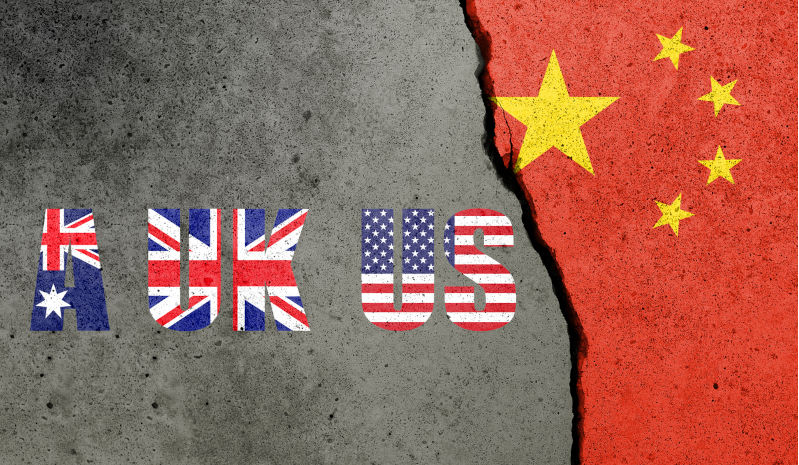Australia's AUKUS tributes
March 25, 2024
Of course, at this time of rising living costs, economic uncertainty, and impending climate disaster, subsidising the British and American submarine construction industrial bases is the obvious priority. At least it seems that way to the Albanese government.
The lack of a convincing strategic justification for the AUKUS-SSNs is a separate matter from the approach of the government in this mistaken acquisition. Massive taxpayer funds flow through the governments hands on the basis of media releases.
The problems with the American submarine industrial base have been well exposed in the media, US Congressional Research Reports, and Pearls and Irritations. Although these issues have been jauntily brushed aside by the Defence Minister with unsupported optimism, now the other creaking great power nuclear submarine industry will be bolstered by the smallest partner in the AUKUS charade.
Even more obvious to Minister Marles, apparently, was the current priority for Australia to inject 2.4 billion of Australia taxpayer funds into Rolls-Royce whose profits more than doubled last year, amid a surge in defence orders; rising to 1.6 billion as its revenues surged 22 per cent to 16.5 billion.Seems a worthy recipient of Marles largess.
The Marles contribution to an already viable company seems intended to help them expand the Core Production Capability (CPC) that delivers nuclear reactor cores for the Royal Navys submarine programme. In its Annual Report on Major Projects 2022-23, the UKs Infrastructure and Project Authority flagged the CPC as red; meaning Successful delivery of the project appears to be unachievable.
The UK House of Commons Committee of Public Accounts report on the Ministry of Defences (MoD) Equipment Plan 20232033 reports, The MoD has not had the discipline to balance its budget by making the difficult choices about which equipment programmes it can and cannot afford.
In particular it notes, The greatest cause of cost increases, however, is the MoDs decision to fully fund the nuclear enterprise. The report calls the MoD unwilling to address this deficit by making major decisions about cancelling programmes. The estimated cost of the nuclear budget for the coming decade went from 38.2 billion to more than 109 billion.
At a glance it appears there is a risk that British industry will not be able to deliver a key component of the AUKUS-SSNs; it is certainly not guaranteed to do so on time or cost effectively. And there is an additional risk the RN may have to scale back or pull out of the AUKUS-SSNs program for budgetary reasons.
The grandees of the Australian Defence Organisation, who have led the government into the AUKUS pipe dream of believing that nuclear-powered submarines delivered in the 2040s, 2050s, and 2060s, would provide security in the 2020s, 2030s, and 2040s, surely looked deeply at the risks and found them acceptable.
Everything seems to rest on the availability of Virginia class submarines, from an under-equipped USN supported by an underperforming industrial base, and a joint acquisition of AUKUS-SSNs from a sclerotic nuclear enterprise faced with difficult capability choices because of underfunding. Perhaps the answer to all these issues, and the source of Marles confidence, is in the details of the arrangements that havent yet been revealed to the public. Details that might explain to the taxpayer how these contributions arent just tributes.
When you take into account the inability of the US and UK to meet their own nuclear submarine requirements, and the considerable uncertainty that they will be able to improve their performance in the medium term, it is clear there is a serious risk to AUKUS. Coupled with political uncertainty over the commitment from Australias partners given the likely defeat of the Tories in the UK and the real possibility of Donald Trumps return to office in the US the risks to AUKUS-SSNs seem large and not subject to mitigation.
The current raft of ministers are unlikely to be still in office in 2030 and beyond when this whole adventure could go pear-shaped, leaving Australia without an effective defence capability for decades, if the governments alarmist threat assessment is accepted. Thats politics.

